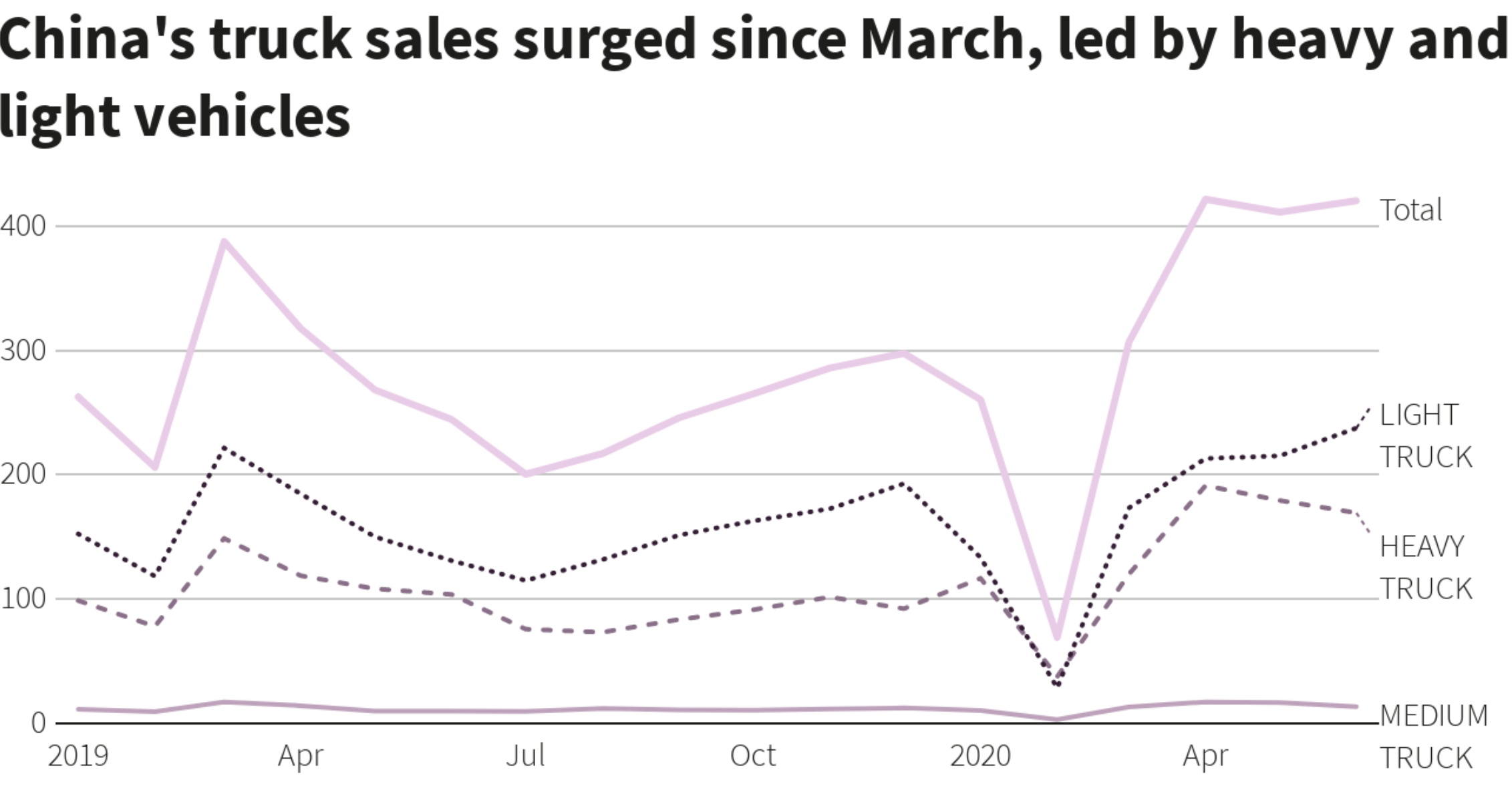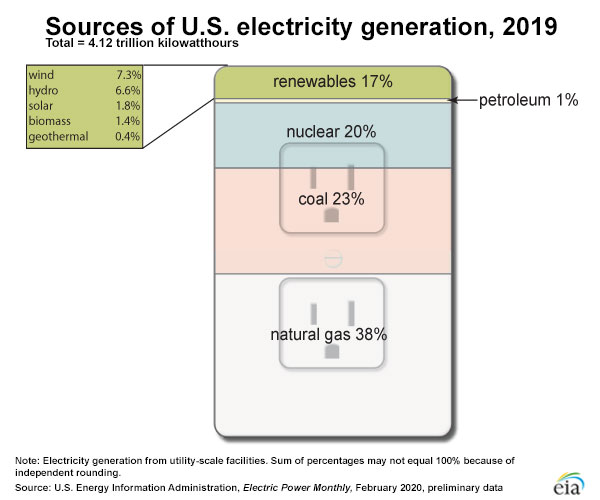“This is what American Energy Dominance Looks Like.”
WASHINGTON DC (August 21, 2020) – American Energy Alliance President Thomas Pyle today commended the Department of Energy and President Trump for the approval of the long-sought Alaska LNG project, which would make Alaska a player in world energy markets, create tens of thousands of good paying jobs and extend America’s ‘soft power’ into growing global markets for liquefied natural gas (LNG).
“The approval of this project now, at a time when the world and the U.S. is unsure about its future as a result of the coronavirus, is an optimistic nod to the future as we inevitably get back to work Making America Great Again by building big things.” “This is what American Energy Dominance looks like,” Pyle added.
The proposed 800-mile pipeline, liquefaction plant and marine terminal is a world class project that complements the existing 800-mile Trans Alaska Pipeline which to date has transported almost 20 billion barrels of American oil to replace foreign oil.
For media inquiries please contact:
[email protected]



